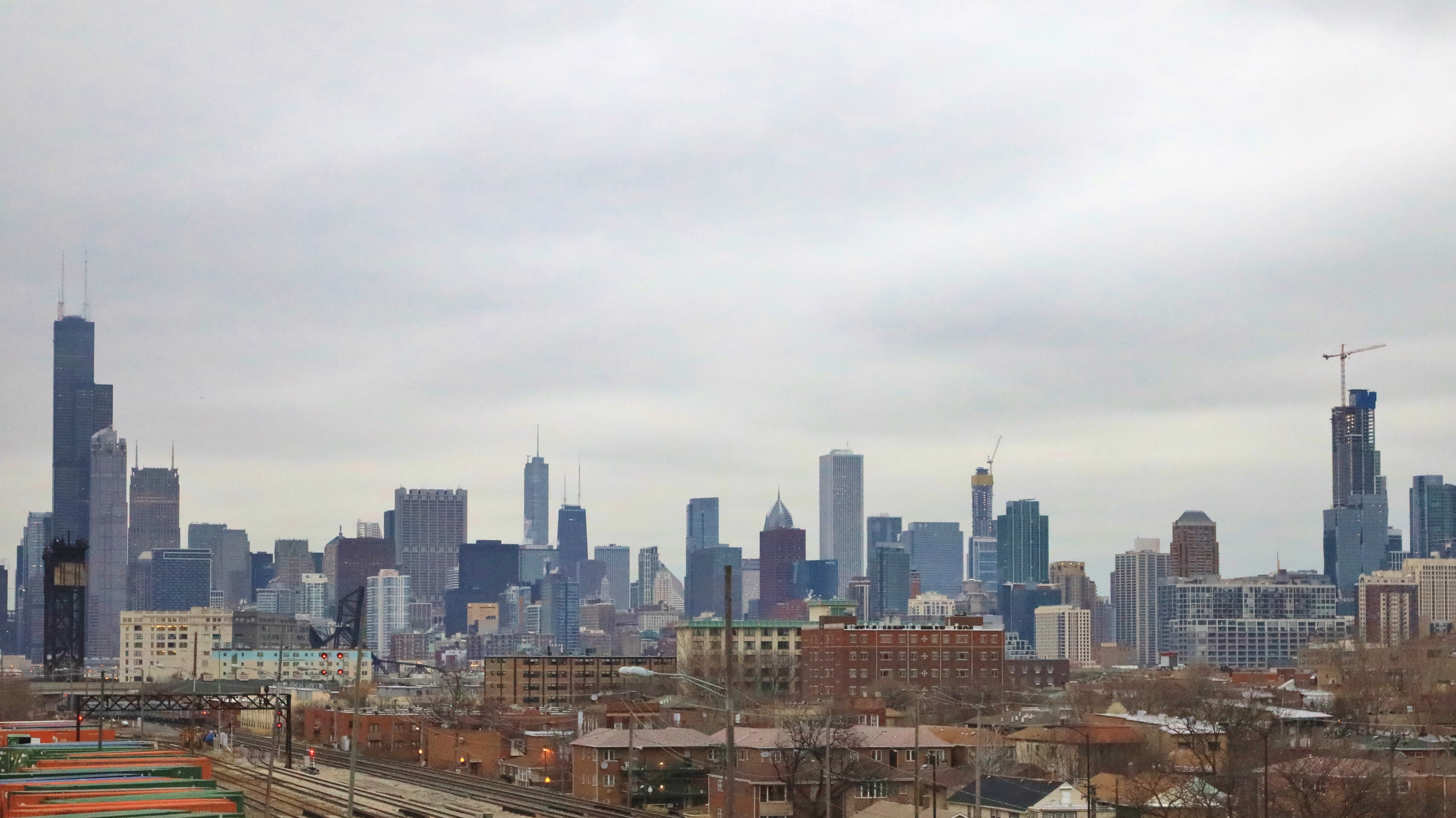Anyone who contracts COVID-19 is advised to isolate for at least five days, but it doesn't mean they're in the clear after that.
The Centers for Disease Control and Prevention recommends isolation for the first five days after symptom onset, which is when you're likely to be the most infectious. As a precaution, those who test positive are encouraged to wear a well-fitting mask through day 10, even though the risk has decreased.
On day 10, the risk drops significantly, as long as symptoms have continued to improve and their fever has resolved, according to an article from Harvard Health Publishing.
"If you're mostly feeling well, especially if what is still kind of lingering is a cough or a little bit of cough tends to be the last thing to go away after any virus, it is unlikely that you are still spreading disease," Dr. Allision Arwady, commissioner of the Chicago Department of Public Health, previously said.
If you did develop symptoms and are still getting a positive test after six to 10 days, you could still possibly infect others.
"Generally if their symptoms have resolved, they are very unlikely to still be spreading a lot of COVID. But if you still have a positive rapid test, make sure you are wearing a mask, consider isolating," Arwady said.
She clarified that the positive test applies more so to rapid results, as opposed to PCR. PCR COVID tests can stay positive for a "very long time" after recovering from the virus because they pick up on any dead infection.
Local
The CDC previously said people can test positive for up to three months after contracting an infection.
Arwady has said some may take at-home tests as they prepare to end their isolation.
Feeling out of the loop? We'll catch you up on the Chicago news you need to know. Sign up for the weekly> Chicago Catch-Up newsletter.
"If it is negative, that's another piece of information that suggests you're very unlikely to be contagious at that point. So, you know, no test is 100% just like no vaccine is 100%, but those tests are pretty good."
Some doctors assert the safest course of action is to remain in isolation until you test negative. However, Dr. Stephen Kissler, a postdoctoral fellow at the Harvard T.H. Chan School of Public Health, said it's not unreasonable to gradually leave isolation — even if you’re still testing positive using a rapid test.
That's especially the case if you're fully vaccinated, symptoms have resolved and you continue to practice masking.
“You might be able to begin slowly sort of reintegrating while still being mindful of your contact," Kissler said.
Explaining most Americans have some level of immunity, the CDC issued major changes to its COVID guidelines earlier this month, altering the recommendations for quarantine, social distancing and even testing.
The changes, which come more than two years after the start of the pandemic, are driven by a recognition that an estimated 95% of Americans 16 and older have acquired some level of immunity, either from being vaccinated or infected, agency officials said.



